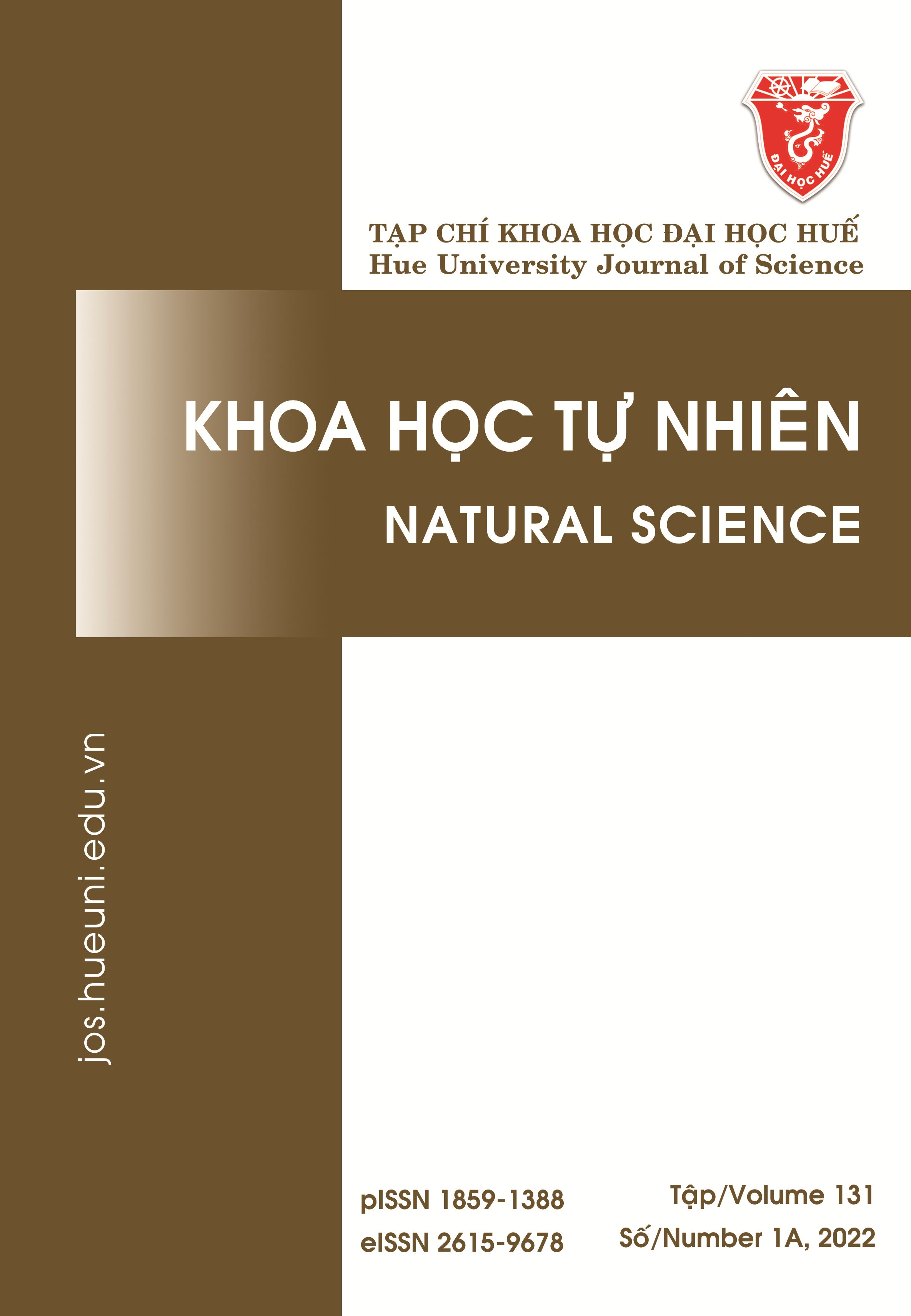Tóm tắt
SWEET (Sugars Will Eventually be Exported Transporter) là một trong các họ protein có chức năng vận chuyển đường quan trọng ở thực vật. Trong nghiên cứu này, 20 gene mã hóa các protein SWEET trong hệ gene cây dền lấy hạt (Amaranthus hypochondriacus L.) đã được xác định và phân tích. Chiều dài các gene này dao động từ 729 đến 9324 nucleotide và hầu hết gene có bốn hoặc năm intron. Các protein suy diễn có chiều dài từ 226 tới 311 amino acid và mang sáu hoặc bảy xoắn xuyên màng đặc trưng. Hầu hết các protein này có tính kiềm với pI 8,08–9,73. Phân tích cây phả hệ cho phép phân chia các AhSWEET thành bốn nhóm, nhóm I (ba gene), nhóm II (bảy gene), nhóm III (tám gene) và nhóm IV (hai gene). Các gene này phân bố không đồng đều trong hệ gene của cây dền lấy hạt. Mười hiện tượng nhân gene đã được phát hiện hình thành nên các cặp gene SWEET lặp ở loài cây này, trong đó chủ yếu là hiện tượng nhân gene trên toàn hệ gene. Các gene lặp trong cặp hình thành từ quá trình nhân gene chịu sự tác động của chọn lọc âm, giữ ổn định trình tự nucleotide. Kết quả của nghiên cứu này là cơ sở cho các nghiên cứu xa hơn như nghiên cứu chức năng gene hoặc cải tiến di truyền.
Tài liệu tham khảo
- D’Amico S, Schoenlechner R. Chapter 6 - Amaranth: Its Unique Nutritional and Health-Promoting Attributes. In: Taylor JRN, Awika JM, editors. Gluten-Free Ancient Grains: Woodhead Publishing; 2017. p. 131-59.
- Arendt EK, Zannini E. 13 - Amaranth. In: Arendt EK, Zannini E, editors. Cereal Grains for the Food and Beverage Industries: Woodhead Publishing; 2013. p. 439-73.
- Lightfoot DJ, Jarvis DE, Ramaraj T, Lee R, Jellen EN, Maughan PJ. Single-molecule sequencing and Hi-C-based proximity-guided assembly of amaranth (Amaranthus hypochondriacus) chromosomes provide insights into genome evolution. BMC Biol. 2017;15(1):74.
- Clouse JW, Adhikary D, Page JT, Ramaraj T, Deyholos MK, Udall JA, et al. The Amaranth Genome: Genome, Transcriptome, and Physical Map Assembly. Plant Genome. 2016;9(1).
- Jeena GS, Kumar S, Shukla RK. Structure, evolution and diverse physiological roles of SWEET sugar transporters in plants. Plant Mol Biol. 2019;100(4-5):351-65.
- Chen LQ, Hou BH, Lalonde S, Takanaga H, Hartung ML, Qu XQ, et al. Sugar transporters for intercellular exchange and nutrition of pathogens. Nature. 2010;468(7323):527-32.
- Yuan M, Wang S. Rice MtN3/saliva/SWEET family genes and their homologs in cellular organisms. Mol Plant. 2013;6(3):665-74.
- Bang CP, Dinh NV, Huyen TTT, Man LT, Duong VX. In silico characterisation of genes encoding SWEET protein in cocoa (Theobroma cacao L.). The 4th National Scientific Conference on Biological research and Teaching in Vietnam; Vinh Phuc, Vietnam: Publishing house of Natural Sciences and Technology; 2020. p. 408-15.
- Li X, Si W, Qin Q, Wu H, Jiang H. Deciphering evolutionary dynamics of SWEET genes in diverse plant lineages. Scientific Reports. 2018;8(1):13440.
- Argout X, Salse J, Aury JM, Guiltinan MJ, Droc G, Gouzy J, et al. The genome of Theobroma cacao. Nat Genet. 2011;43(2):101-8.
- Altschul SF, Gish W, Miller W, Myers EW, Lipman DJ. Basic local alignment search tool. J Mol Biol. 1990;215(3):403-10.
- Gasteiger E, Hoogland C, Gattiker A, Wilkins MR, Appel RD, Bairoch A. Protein identification and analysis tools on the ExPASy server. The proteomics protocols handbook: Springer; 2005. p. 571-607.
- Guo AY, Zhu QH, Chen X, Luo JC. [GSDS: a gene structure display server]. Yi Chuan. 2007;29(8):1023-6.
- Krogh A, Larsson B, Von Heijne G, Sonnhammer ELL. Predicting transmembrane protein topology with a hidden Markov model: application to complete genomes. Journal of molecular biology. 2001;305(3):567-80.
- Briesemeister S, Rahnenfuhrer J, Kohlbacher O. YLoc--an interpretable web server for predicting subcellular localization. Nucleic Acids Res. 2010;38(Web Server issue):W497-502.
- Voorrips RE. MapChart: Software for the Graphical Presentation of Linkage Maps and QTLs. Journal of Heredity. 2002;93(1):77-8.
- Katoh K, Standley DM. MAFFT multiple sequence alignment software version 7: improvements in performance and usability. Mol Biol Evol. 2013;30(4):772-80.
- Kumar S, Stecher G, Li M, Knyaz C, Tamura K. MEGA X: Molecular Evolutionary Genetics Analysis across Computing Platforms. Mol Biol Evol. 2018;35(6):1547-9.
- Hà CĐ, Quỳnh PT, Thu PTL, Cương NV, Dũng LT. Xác định họ gen mã hóa protein vận chuyển Sweet trên cây sắn (Manihot esculenta Crantz). Tạp chí Khoa học Trường Đại học Sư phạm Hà Nội. 2018;63 (3):140-9.

công trình này được cấp phép theo Creative Commons Ghi công-Chia sẻ tương tự 4.0 License International .
Bản quyền (c) 2021 Array




